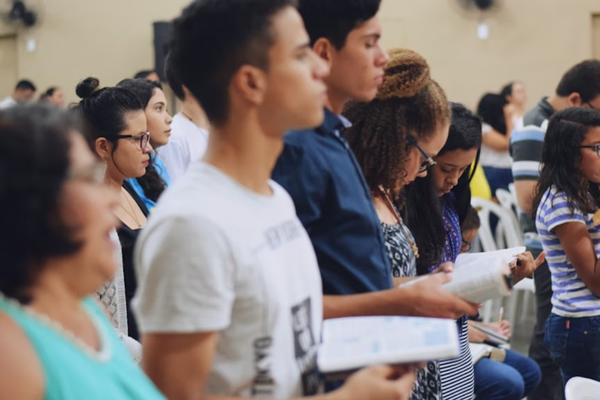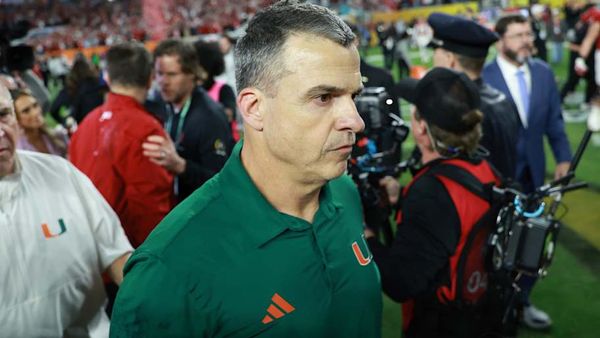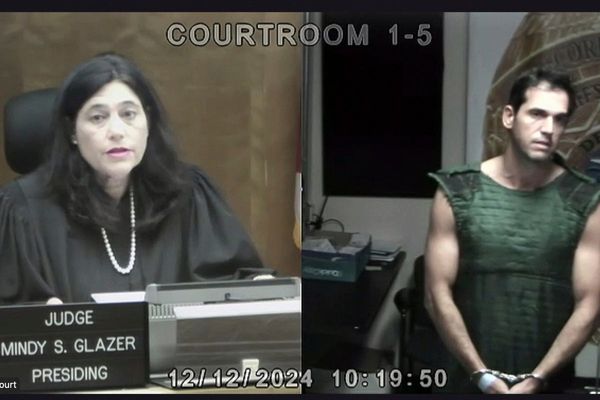Former Indigenous Australians minister Ken Wyatt has encouraged people to inform themselves about the Voice to Parliament, and debate the looming referendum.
Mr Wyatt resigned from the Liberal Party recently, less than 24 hours after Opposition Leader Peter Dutton announced the party would oppose the Voice.
Giving evidence at a public hearing held by the Committee on the Voice Referendum, Mr Wyatt said the success of the proposal was crucial to addressing division in the country.
"[It] doesn't matter what our philosophical position is, as individuals, [as] Aboriginal people," he said.
"This is about us collectively coming together to make a difference for the children who come after us."
Both sides urged to speak up
He is encouraging people on both sides of the debate to voice their opinions and concerns.
"It is through speaking up that you are able to express the reasons why, and start the educative and informed discussion that needs to occur," he said.
"I wouldn't discourage no cases because you have to hear both sides … all I'd say is, I would encourage people to speak up."
Mr Wyatt pointed at legislative changes in the past, which lacked Indigenous consultation, as a reason for why the Voice was needed.
"To have a say and co-design, and co-decide on what is best for their region, their community and for Indigenous Australians across the nation," he said.
Mr Wyatt said there were many examples of past government action that did not involve First Nations people despite having "profound impacts on Indigenous families and communities".
These included amendments to social security, health, and family law legislation.
The inquiry heard overwhelmingly from supporters of the Voice, including the Wungening Aboriginal Corporation, Kimberley Land Council, and Nyamal Aboriginal Corporation.
Australia already divided: Fiona Stanley
Former Australian of the Year Fiona Stanley was another supporter of the Voice to Parliament who gave evidence at the inquiry.
Professor Stanley said many of the problems experienced in Aboriginal communities were not their own fault.
"They are results of exclusion and marginalisation," she said.
"I find it quite interesting that people say [the Voice] is going to be divisive, as if we're not divisive already."
Professor Stanley was adamant the Voice was critical to achieving real outcomes by providing pathways which involved Indigenous people at every level.
"You have kids with [foetal alcohol spectrum disorder] that are put into an adult prison because they're difficult, that can be locked up for days," she said.
"What [the Voice] is going to do is actually give Aboriginal people a chance to actually make such good progress on all of the outcomes.
"If we get this right, and Aboriginal people do have more control, and the funding goes more to Aboriginal organisations … Aboriginal people will be employed in areas and jobs that they feel are going to be fantastic for their community.
"That's solving a huge problem of Aboriginal employment and being on welfare, and all those things people get worried about."
A lot of money for 'little return': Opponent
The most notable opposition at the inquiry was adjunct professor Victoria Grieves Williams, who described the Voice as a "huge bureaucracy" which would fail to address the issues First Nations people faced.
"I humbly submit that the parliament reject any constitutional amendments that will entrench Aboriginal and Torres Strait Islander people as one culturally and socially homogenous group of people who can be represented by a single, indivisible Voice," she said.
"They will not be free but in a sense colonised over again."
Dr Grieves Williams argued the Voice was separate from recognition of First Nations people.
"People are now thinking that the Voice equals recognition – and the Voice is something that is extra to recognition," she said.
"It's an awful lot of money, awful lot of bureaucracy, awful lot of taking up Aboriginal people's time and energy, for such a little return."
The Joint Select Committee on the Aboriginal and Torres Strait Islander Voice Referendum has also held public hearings in Canberra, Orange, and Cairns, and will hold its next hearing in Canberra on May 1.







